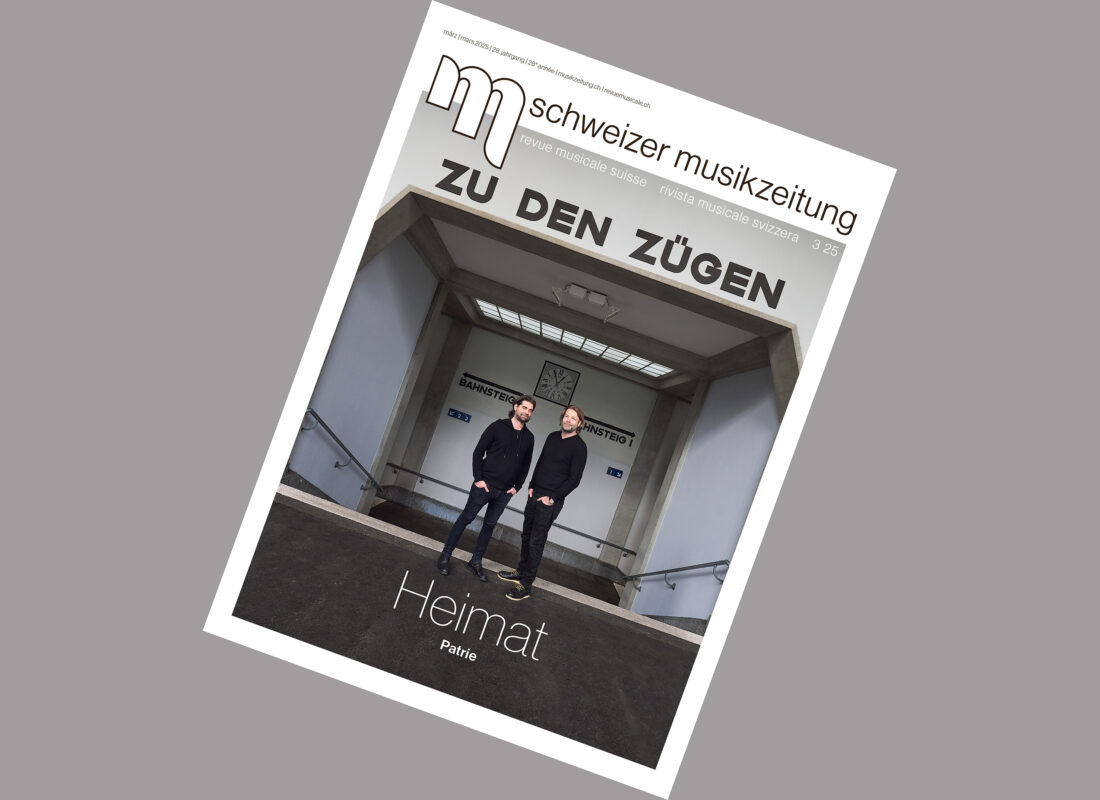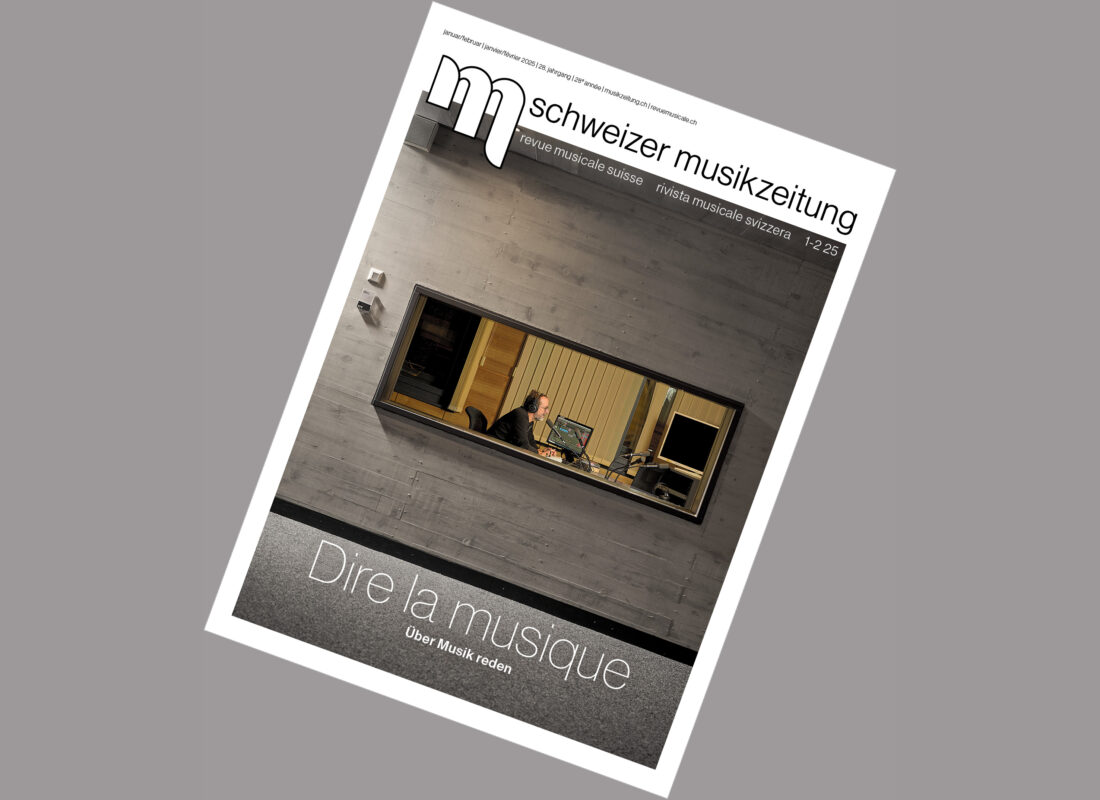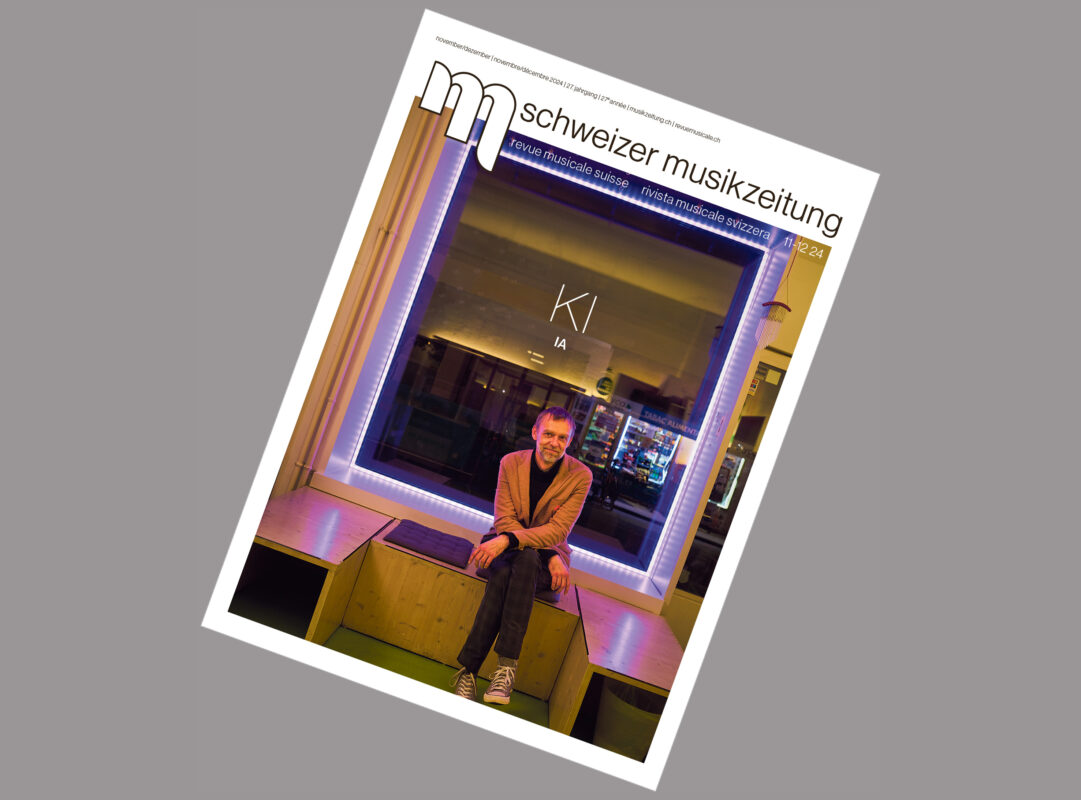Sofa or upholstered chair?
Listening to music privately is very convenient nowadays, but a real musical experience only takes place in concert. These two forms of music consumption do not have to be mutually exclusive.


Listening to music privately is very convenient nowadays, but a real musical experience only takes place in concert. These two forms of music consumption do not have to be mutually exclusive.
Who isn't familiar with that weaker self that tempts you to slip into comfy clothes on a Friday evening after a hard week at work and make yourself comfortable on the sofa with a glass of wine or a cold beer? There's nothing wrong with ringing in the end of the working day in this way. But once you've settled in comfortably, hardly anyone gives a second thought to how such an attitude affects music consumption.
Live concert in an upholstered chair vs. enjoying music on the sofa at home? While some people like to get dressed up and experience the artists up close, others prefer to listen to music from the bathtub, while cooking or on the aforementioned sofa. But do the two forms of music consumption have to be played off against each other?
First of all, it's quite simple. You choose a concert and buy a concert ticket, which is now possible with just a few clicks on the Internet. Now it's just a matter of getting dressed up and arriving at the right place on time - everything else is taken care of. There is staff for every conceivable task - you don't even have to clap yourself, because even that is taken care of by the listeners in case of doubt. So you can sit back and let the music wash over you. Nevertheless, the trend is increasingly moving towards private music consumption within your own four walls. Why is the attendance at many concerts falling, even though it is so easy?
Access to music changed significantly in the 19th century. Concert halls were expanded and the music scene flourished. Focused listening was at the forefront of the musical experience at this time. Since the 20th century, music has undergone, or rather had to undergo, enormous change. The unstoppable development of technology has also left its mark on the cultural and music scene. We have matured into a veritable consumer society that has to deal with the luxury problem of oversupply, a society in which many subcultures exist side by side, in which people increasingly isolate themselves from the environment and view music more as a private and less as a public experience. Thanks to today's numerous technical possibilities, from iTunes and Spotify to private CD collections and high-tech systems, we no longer have to go out in public to enjoy music. We can also bring it into our own homes. We are just as isolated even within society, sealed off by small earplugs that allow music to reach our ears. Is this the consumer of today? We can speak here of a veritable deconcentration of music. At this point, however, it is necessary to once again clarify the two types of music listening: On the one hand, "consciously turning to music" (in the sense of actively attending concerts), and on the other, "divided attention, in which music is merely experienced in the background and other activities are usually in the foreground", to quote Klaus-Ernst Behne, the former president of the Hanover University of Music, Drama and Media.
Nevertheless, technical progress naturally also brings numerous advantages. The practical and convenient aspect alone. We can listen to music anytime and anywhere. Without restriction. It surrounds us in numerous everyday situations and rains down on our end devices incessantly. Played back using the latest technology, the music may sound clear, but it is not authentic, unique or original. Consuming music as a live experience becomes an unrepeatable moment in our lives. You experience something that cannot be exactly repeated in this form. You experience the artists and the sounds up close, you can observe their dexterity or breathing skills and technique. You are there when they communicate wordlessly with each other, get involved with each other, see the beads of sweat that form on their foreheads through exertion and the hot spotlight and glisten in the light. Simply being carried away by the pull of live music and allowing the atmosphere that builds up in the audience to flow over you - that is what makes music in concert a tangible and original moment.
Studies show that music consumption has risen considerably in recent years due to the numerous ways in which it can be accessed. But does this answer the question of why people prefer listening to music in isolation to attending concerts together? According to the Forsa survey conducted by the Hamburg-based Körber Foundation, 88% of Germans consider classical music to be an important cultural heritage, but only one in five has attended a classical concert in the past year. Of those under 30, only one in ten did. That's just the way it is: If you don't have to be active, you are generally enthusiastic about many things, but as soon as you have to do something yourself, your enthusiasm wanes. This fact is even more of a problem for contemporary music, which is also tainted by the cliché that it generally only appeals to the few. However, attending a concert is particularly important for the consumption of contemporary music, as it often works not only with sounds and melodies, but often also incorporates elements such as images or objects that cannot be captured on a CD. Even musical elements such as sounds or new playing techniques do not have the same effect on a CD as they can have in a concert. Only in concert does the audience experience the original essence of this music. So is it perhaps worth considering sharing your weekend with the upholstered chair in the concert hall?
Both forms of consumption are important approaches to music. They do not have to be played off against each other, nor are they mutually dependent. They can simply enrich and complement each other. It will be interesting to see how they develop in the future and what this means for the music scene. Perhaps one day it will be commonplace to broadcast a live concert virtually on a screen in our own four walls? This would actually make it possible to combine both: the concert experience on the sofa at home - and for the feeling of community with the other concert-goers, you could sit on the upholstered chair from time to time.
Friederike Schmiedl
... is a fan of the live concert.








